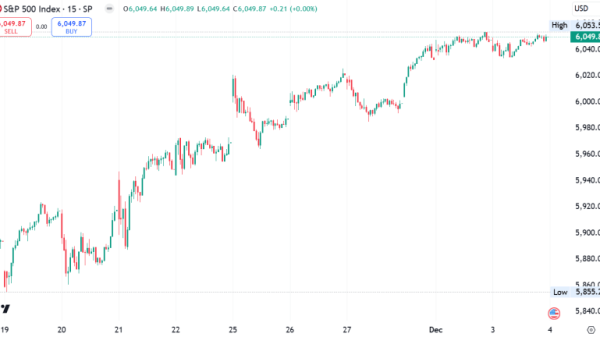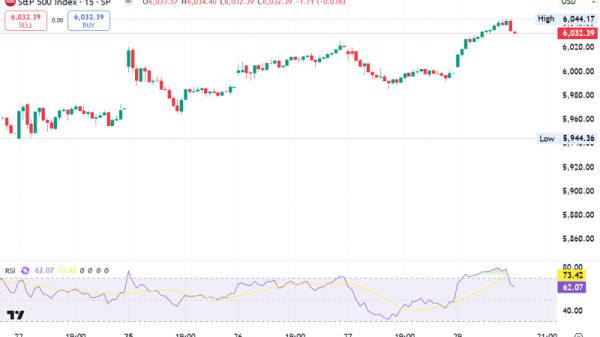SHANGHAI (Reuters) -China’s central bank conducted its first operations on Monday under a swap facility designed to bolster the stock market, exchanging assets worth 50 billion yuan ($7 billion) with brokerages, fund companies and insurers.
The People’s Bank of China (PBOC) said 20 institutions participated in the swap operations with a fee rate of 20 basis points.
The PBOC kicked off the swap facility on Friday, part of broader efforts to reinvigorate China’s stock market and an economy bruised by a property sector crisis and weak consumption.
Chinese shares surged after Beijing unveiled on Sept. 24 the most aggressive stimulus since the pandemic, but the rally has lost steam over the past weeks as euphoria turned into caution.
“The swap scheme was set up with the sole purpose of improving market liquidity, as the funding can only be used to buy stocks,” said Wang Mengying, analyst at Nanhua Futures, who believes China’s bull run still has legs.
Under the swap scheme, initially worth 500 billion yuan, brokerages, asset managers and insurers can have easier access to funding by exchanging risk assets such as stock ETFs and blue-chip stocks for highly liquid assets such as treasury bonds and central bank bills.
The first batch of 20 participants include China International Capital Corp (CICC), Citic Securities, China Asset Management Co and E Fund Management Co.
Separately, more than 20 Chinese listed companies, including China Petroleum (OTC:SNPTY) and Chemical Corp (Sinopec (OTC:SHIIY)) and China Merchants Port Group have announced plans to tap special central bank lending for share buybacks and purchases in another newly-created funding scheme, initially worth 500 billion yuan.
($1 = 7.1111 Chinese yuan renminbi)




































